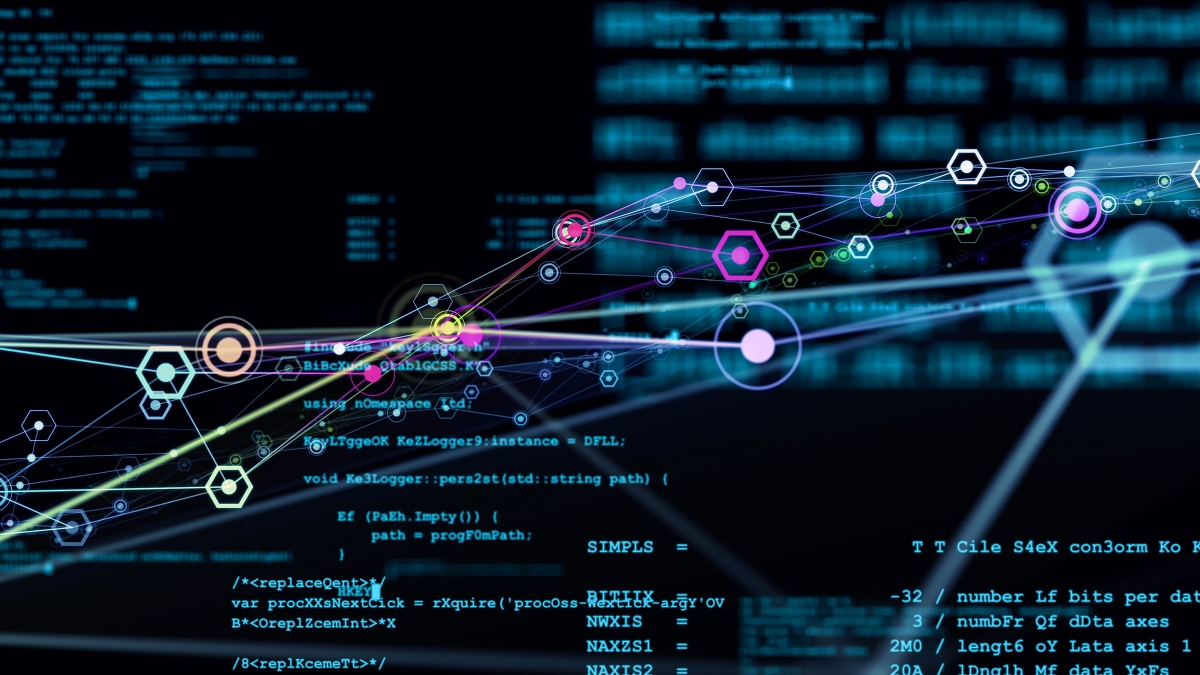ASU scholars awarded $2M grant to advance educational data sharing

Image by Metamorworks/iStock
A collaborative group of scholars from Arizona State University was awarded $2 million by the U.S. Department of Education’s Institute of Education Sciences (IES) to develop a foundational infrastructure and protocols that will facilitate the connection of student achievement, learning and persistence data within ASU and beyond.
The ASU Learning at Scale Digital Learning Network is part of the IES Digital Learning Platforms to Enable Efficient Education Research Network and will develop a digital learning network platform with the capacity to house aggregated data.
Led by Danielle McNamara, ASU professor and director of the Science of Learning and Educational Technology laboratory, the ASU Learning at Scale team is composed of an interdisciplinary group of scientists, data analysts and data specialists from EdPlus at Arizona State University, The College of Liberal Arts and Sciences, the Ira A. Fulton Schools of Engineering and the University Technology Office who have extensive experience in online learning.
"The L@S project takes a vital step toward understanding learning and instruction in the real world, in real-world contexts," McNamara said. "ASU is one of the largest and most innovative universities in the country, and even more important, ASU is committed to lifelong learning and providing effective instruction for all learners. This makes ASU the ideal setting for the L@S project."
ASU Online course data and undergraduate student data will be available to ASU and non-ASU researchers, allowing them to examine and use the data through exploratory and experimental methods in a way that maintains institutional and individual privacy.
A platform of this kind would leverage various types of data from large, diverse learner populations and facilitate experimental studies that examine the impact of a wide range of learning tools and approaches to enhance learning.
“The project allows us to accelerate our ability to organize, optimize and analyze data to gain insights and scale our ability to make data-informed decisions that lead to increased student success,” said Bethany Weigele, EdPlus chief innovation officer.
Having an interdisciplinary team that spans multiple units, technical expertise and skill sets allows for innovative collaboration of ideas and furthering the mission of the university.
“The team gets the vision of the project and how it aligns with our charter,” Weigele said. “We need to be increasingly able to conduct research at scale on our university’s data or we can’t iteratively improve our service to our students. The ASU Charter defines our responsibility to our community, and this project is a catalyst for us to make greater use of our data to serve our community better."
The long-term vision is to provide the infrastructure to promote innovation in research, emerging technologies and community outreach to enhance universal, lifelong learning to students around the world.
Applying research and methods from multiple disciplines, McNamara’s work with the interdisciplinary research group at the Science of Learning and Educational Technology lab speaks to her research and leadership expertise that will guide and empower the team to advance inclusion and equity-oriented research to benefit all students.
In addition to ASU Learning at Scale, the Digital Learning Network includes four platform teams and a network lead that leverage existing tools for rigorous education research: The Canvas+Terracotta LMS-Based Experimental Education Research Platform; MATHia: A Digital Learning Platform Supporting Core and Supplemental Instruction in Middle and High School Mathematics; Revisions to the ASSISTments Digital Learning Platform to Expand Its Support for Rigorous Education Research; and Efficient Education Research via the OpenStax Learning Platform.
More Science and technology

Compact X-ray laser lab aims to reveal deep secrets of life, matter and energy
X-rays allow us to view inside the human body to diagnose broken bones and other hidden problems. More recent X-ray advances are…

Apollo lunar samples enable ASU researcher to pinpoint moon’s crystallization timeline
A team of researchers, including Arizona State University geochemist Melanie Barboni, in collaboration with scientists from The…

NASA launches space telescope to chart the sky and millions of galaxies
California’s Vandenberg Space Force Base was the site for Tuesday’s 8:10 p.m. launch of the NASA SPHEREx mission aboard a SpaceX…

